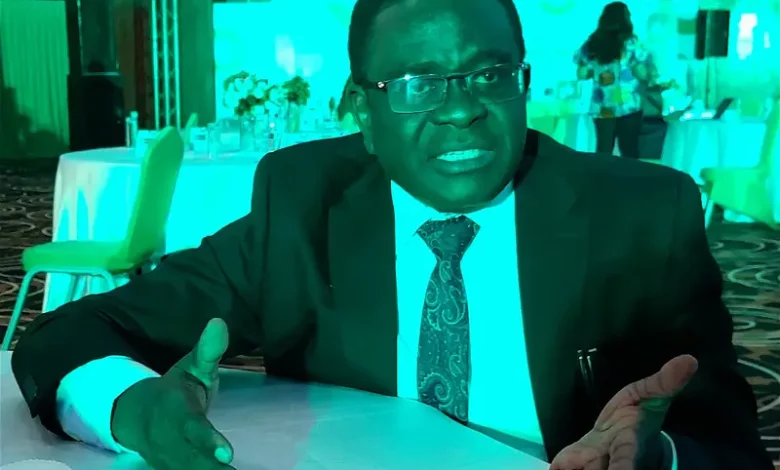OHIS boss – Governor Ademola Adeleke uphold insurance health schemes in the state.
OHIS boss reveals Adeleke plan for OHIS

The Executive Secretary of Osun Health Insurance Scheme (OHIS), Dr. Niyi Oginni has recounted how Governor Ademola Adeleke prevented the collapse of the healthcare insurance system in the state by ensuring the continuity of the agency’s essential services rendered to the people wasn’t truncated by the politics of a change in government.
Mr Adeleke had, on Dec. 31, 2022, ordered the suspension of Oginni and Dr Adebukola Olujide, Head of Osun Primary Health Care Development Board sequel to the interim report of Osun Contracts Review Committee, chaired by Niyi Owolade.
However, upon further review of the report of the Owolade-led committee , Adeleke recalled Oginni citing reports of imminent collapse of the state health insurance scheme and the need to normalise the operations of the agency by ensuring its continuous patronage across the state also, the decision was linked to the need to comply with public service regulations, which stipulated procedures and conditions for discipline and management of public servants.
Speaking on Adeleke’s intervention while reviewing the impact of OHIS on healthcare delivery in Osun during an interactive session Oginni completely agreed with the governor’s stance on his recall. He said, OHIS and the health sector to a great extent would have faced a lot of setbacks if disrupted by politics at the said time.
He said initially as a result of misinformation when the government took over, they froze the accounts of all agencies in the state as expected. In my agency, we started with zero kobo, as at the time the Adeleke government was coming on board, we had a retainable revenue result of over N1.3bn.
He noted that in a state that is resource poor like our state (Osun state), that was the eye of everyone. There were also lots of issues with the amount of money we had. People wanted us to do projects and all. I called my people and said, money for insurance is not today’s money, the money is not meant for frivolous projects, it is to be kept because there must be expansion in the access to care. As the scheme grows old, many people will start utilising the scheme. So our medical cost will increase, and sometimes it will increase beyond the premium you are taking, that’s when you fall back on your reserve.
When the new government came, they saw it as an opportunity and went to tell the new government that this man is an APC person, he is loyal to the previous government and he is going to work as a saboteur. So you know when you hear all of that, and politicians of course they had a tendency to believe all that was said. That was when the issue of saying I’ve been suspended was on. Even though the suspension was just an announcement by the committee without the backing of the governor; they said the governor had approved their recommendation for my suspension.
I was doing my work all through that period until the governor saw it. He then allowed later that I should continue my work to prevent a collapse of the institution. I was working for the three months the situation was on, but we were not given the opportunity to implement our project except the payment of capitation to the hospitals and the running cost with which we pay our ad-hoc staff.
There was a five-month arrear of all our activities during the period. The moment the governor saw into it, he lifted all the embargo, gave the approval for all of our projects and we started.
As at the time the government took over, this building was almost done, we had completed but hadn’t painted. We actually thought we would have commissioned this building in December, but there were distractions.
So, by the grace of God, governor Adeleke will commission it in the second week of August. He will also commission the road, as work is currently ongoing on the road that leads to this place. All this was done without taking a dime from the government.
Speaking further, Oginni said, OHIS with the formal sector and went ahead to cover the civil service for a period of three months. We were able to cover the formal sector including the civil service and public service, and they had to come automatically on the scheme.
He noted that 70 thousand of them registered before but now about 96 thousand in the formal sector, which consist of both the principal and the dependent. That was our goal, so we met the goal of the enrollment of the formal sector and we didn’t have problems doing that unlike other states.






